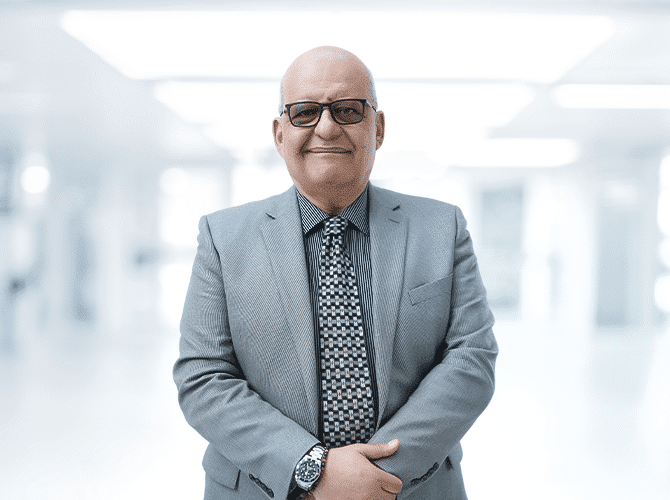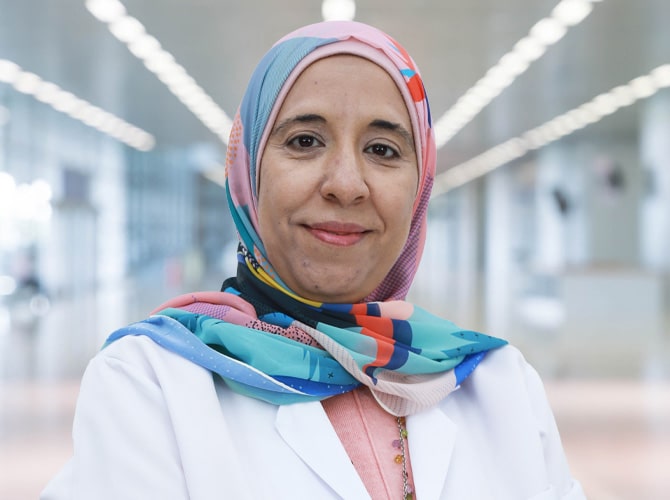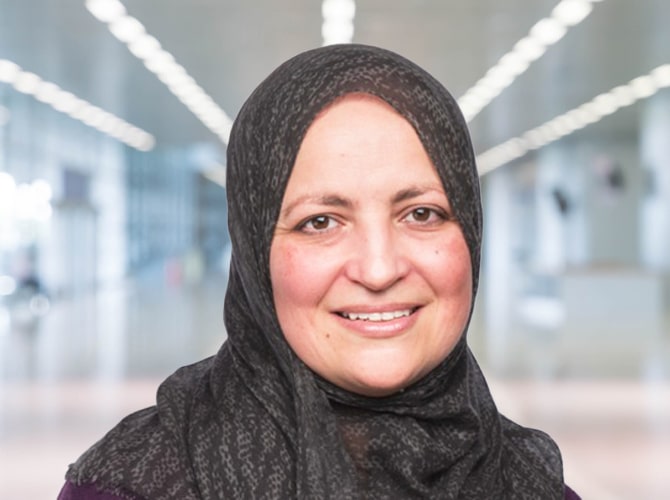Pediatric Neurodevelopment
Early Support for Your Child’s Growth and Development
At KidsHeart Medical Center, we know that every child grows at their own pace — but when milestones seem delayed, early support makes all the difference.
Our Pediatric Neurodevelopment team specializes in assessing, diagnosing, and supporting children with developmental delays, learning challenges, and neurodiverse conditions.
We are here to guide families with clarity, compassion, and expert care — helping each child thrive and reach their fullest potential. We proudly serve families across Dubai, Abu Dhabi, and Al Ain.

What We Offer – Pediatric Neurodevelopment Services
Our team provides detailed assessments, early intervention planning, therapy referrals, and long-term developmental support for children of all ages.
Developmental Challenges We Support
- Delayed Development (Motor, Speech, Communication): Comprehensive evaluations for children reaching milestones later than expected.
- Attention Deficit Hyperactivity Disorder (ADHD): Assessment and management for attention, impulsivity, and hyperactivity challenges.
- Autism Spectrum Disorders (ASD): Early screening, diagnosis, and developmental planning for children on the spectrum.
- Dyslexia: Identifying and supporting reading and language-based learning difficulties.
- Intellectual Disability: Structured assessments and family-centered intervention plans.
- Cerebral Palsy: Coordinated care for children with motor and developmental challenges due to early brain injury.
- Conduction Disorders: Evaluation and support for neurological signal transmission issues.
- Sleep Disorders in Children with Special Needs: Addressing sleep difficulties that impact growth and learning.
Assessment and Diagnostic Services
- Initial Consultation and Developmental Assessment: A comprehensive first step toward understanding your child’s unique needs.
- Referral for Therapy (Physiotherapy, Speech, Occupational, Behavioral): Connecting families with the right therapies for early progress.
- Genetic Testing, Brain MRI, EEG (when indicated): Advanced investigations to uncover underlying causes when necessary.
Additional Developmental Support Services
- Early Developmental Milestone Tracking: Monitoring growth patterns to catch potential delays early.
- Autism Screening Tools and Diagnostic Pathways: Streamlined, evidence-based evaluation processes.
- Parental Guidance for Home-Based Stimulation Activities: Practical advice to support development at home.
- School Readiness Evaluations: Assessing whether your child is ready for structured education environments.
- Individualized Education Planning (IEP) Support: Helping families and schools work together through customized education plans.
- Behavior Management for Neurodevelopmental Disorders: Strategies to build positive behaviors and emotional regulation.
- Coordination Between Pediatric Neurology and Psychology: Integrated care plans addressing medical and behavioral aspects.
- Social Skills Training for Neurodivergent Children: Helping children develop the tools to interact confidently with peers.
Meet Our Pediatric Neurodevelopment Team
Our team brings together specialists with extensive experience in child development, early intervention, and special education support.
We focus on early identification, proactive support, and close collaboration with families, therapists, and schools — giving every child the opportunity to shine.
Where We Offer Our Services
You can access our Pediatric Neurodevelopment expertise at:
Appointments are available for both first-time consultations and ongoing developmental support.
Early Intervention, Lifelong Impact
At KidsHeart, we believe early support empowers children to overcome challenges and succeed in their own unique ways.
Our Pediatric Neurodevelopment team is here to guide, support, and celebrate every milestone with you.
Frequently Asked Questions (FAQs)
Signs can include delayed speech, motor delays, difficulty interacting with others, excessive impulsivity, or learning challenges in early years.
Some delays can be recognized as early as infancy or toddler years. Early intervention often leads to better outcomes.
The assessment includes reviewing developmental history, observing behavior, and using standardized tools to evaluate communication, motor skills, cognition, and social-emotional development.
Not always. Some delays are mild and may improve with simple strategies at home, while others benefit from structured therapy programs.
Engaging in guided play, reading together, encouraging communication, and following specific home exercises from therapists can significantly boost development.
Neurodevelopmental delay refers to lagging behind in one or more areas (speech, motor skills, social skills), while intellectual disability involves broader cognitive challenges that persist into adulthood.



